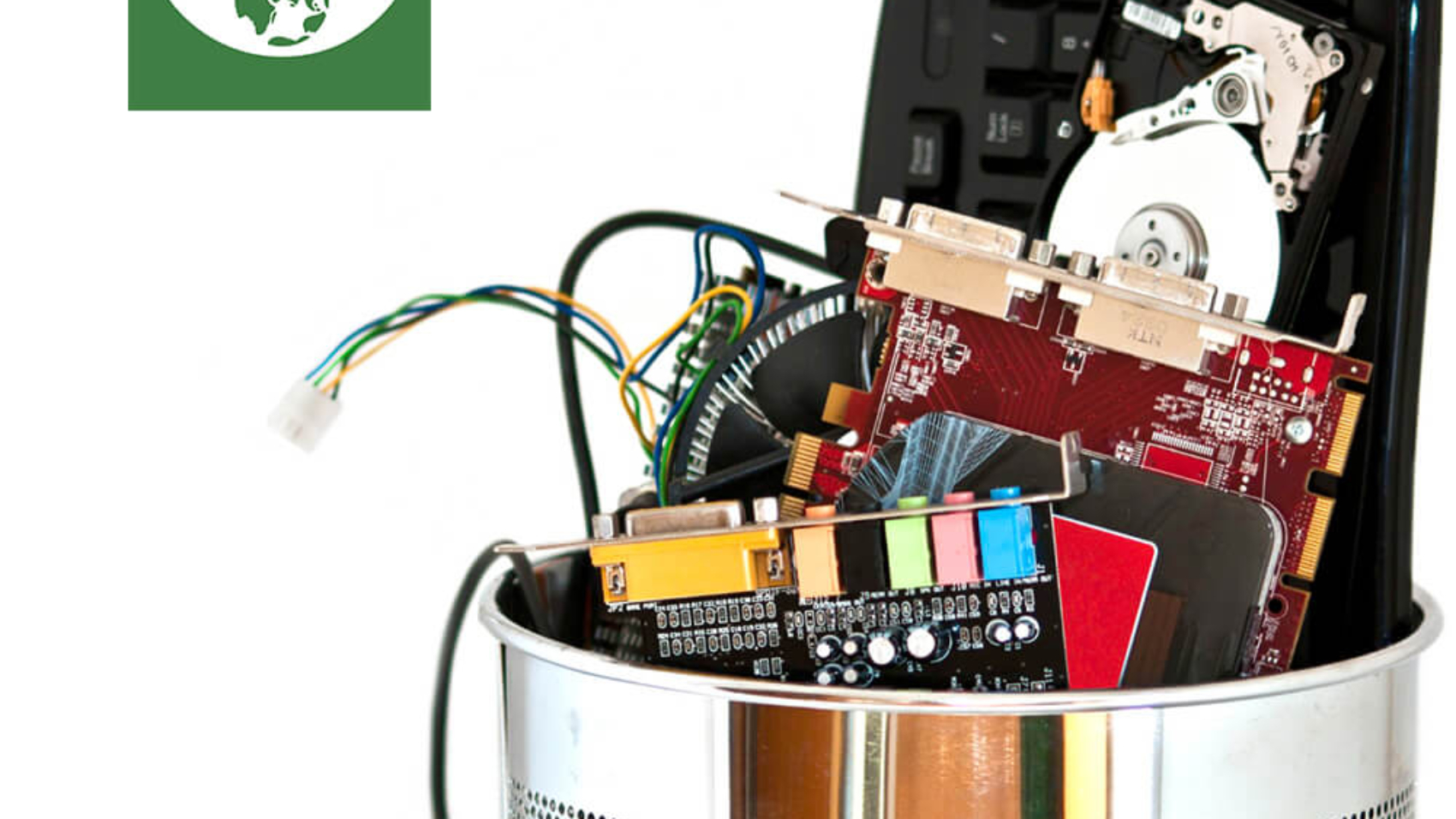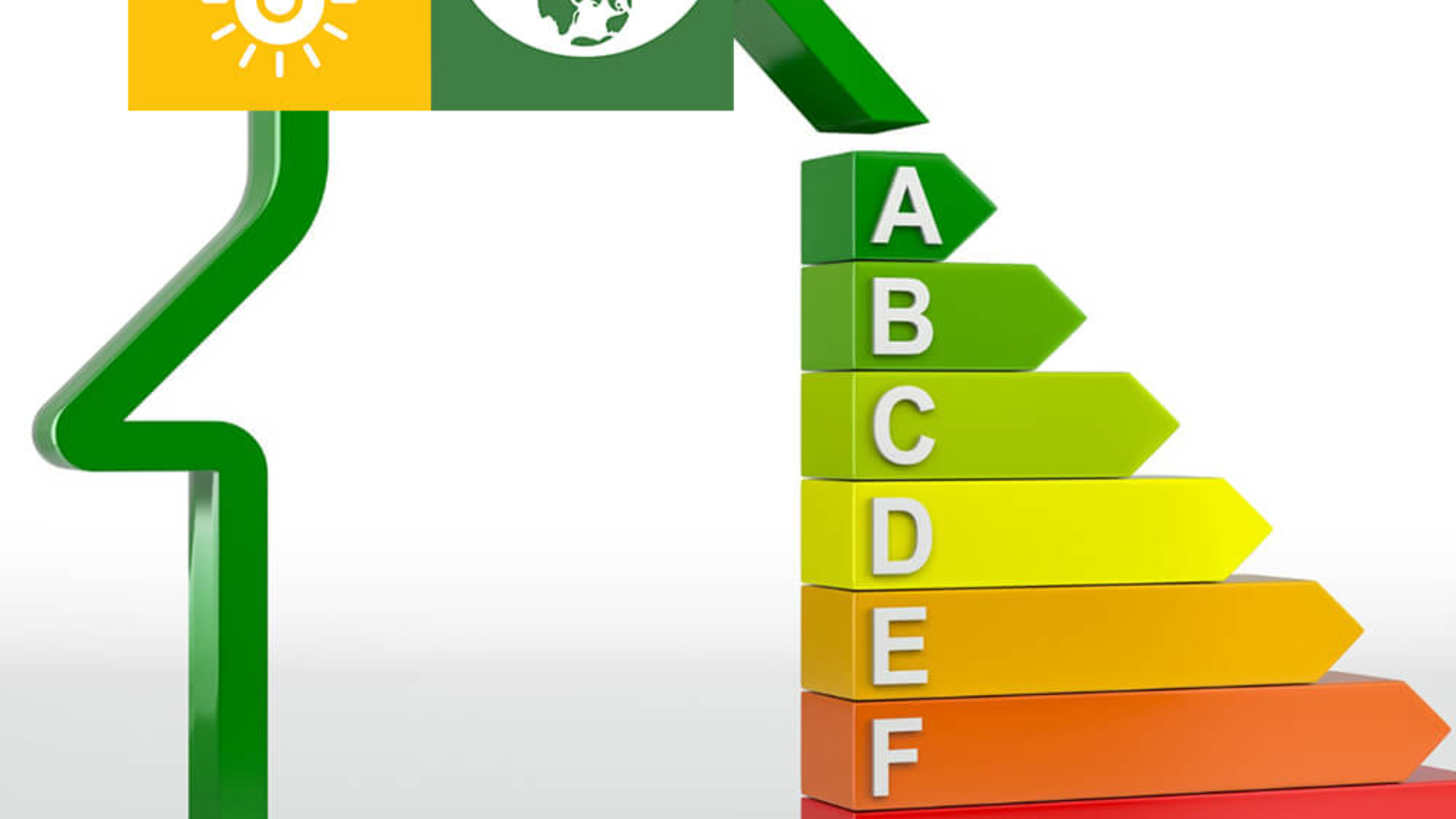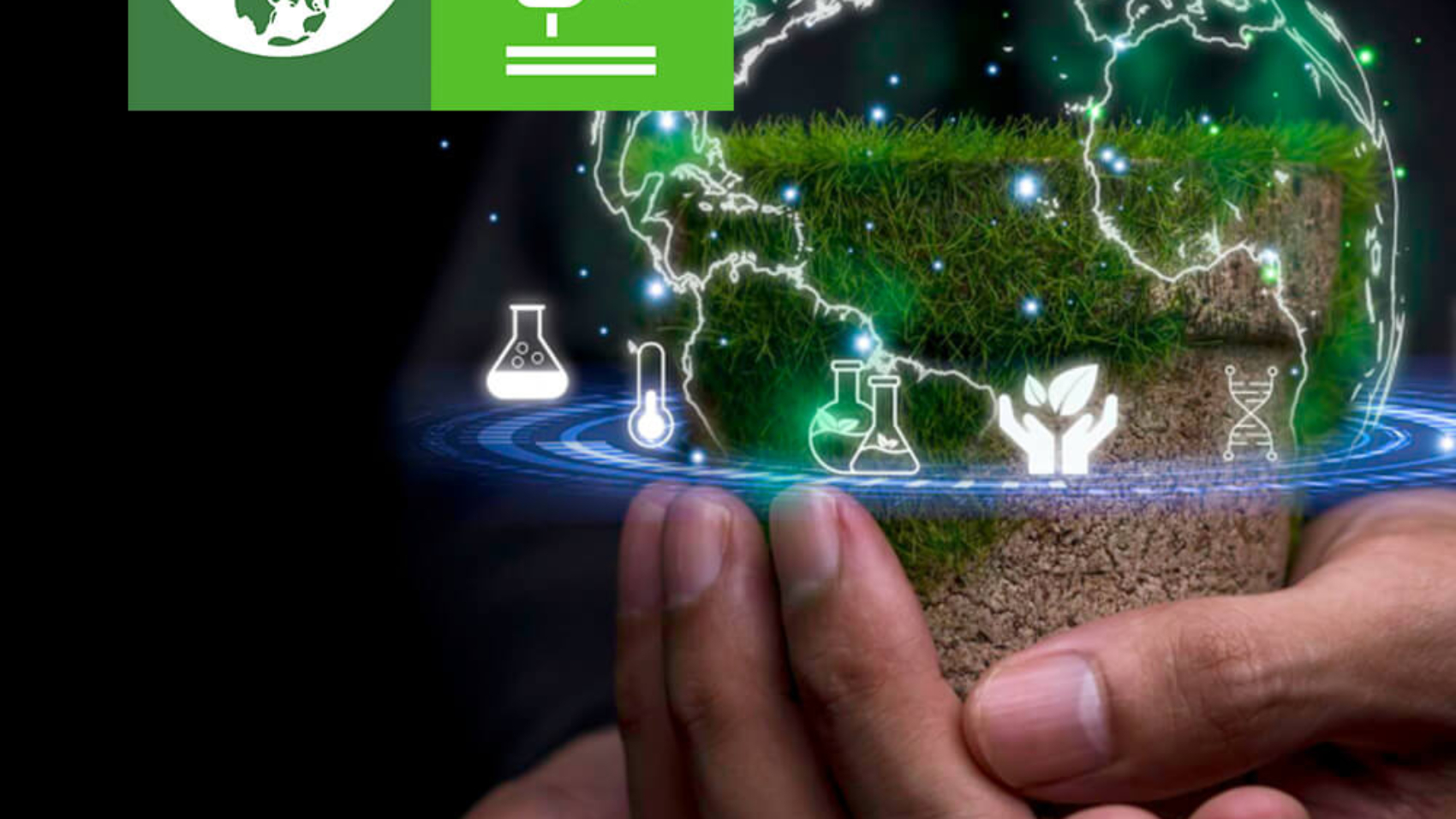The widespread consumption of electronic devices has made spent batteries an ongoing economic and ecological concern. E-waste (electronic waste), also known as waste electrical and electronic equipment (WEEE), has become one of the fastest growing waste streams worldwide.
Electronic waste management is of utmost importance due to the significant environmental and human health risks associated with electronic waste (e-waste). As the rapid pace of technological advancement drives the obsolescence of electronic devices, improper disposal can result in severe consequences. E-waste contains hazardous substances such as lead, mercury, cadmium, and brominated flame retardants that can contaminate soil, water, and air, posing serious threats to ecosystems and human well-being.
Electronic waste management is of utmost importance due to the significant environmental and human health risks associated with electronic waste (e-waste). As the rapid pace of technological advancement drives the obsolescence of electronic devices, improper disposal can result in severe consequences. E-waste contains hazardous substances such as lead, mercury, cadmium, and brominated flame retardants that can contaminate soil, water, and air, posing serious threats to ecosystems and human well-being.
E-waste management contributes to sustainable development by creating employment opportunities in recycling industries and fostering innovation in waste reduction and recycling technologies. It also promotes the responsible consumption and production of electronics, encouraging manufacturers to adopt eco-friendly design practices.
Prioritizing electronic waste management is crucial for preserving the environment, safeguarding human health, conserving resources, and promoting a sustainable and circular economy.






